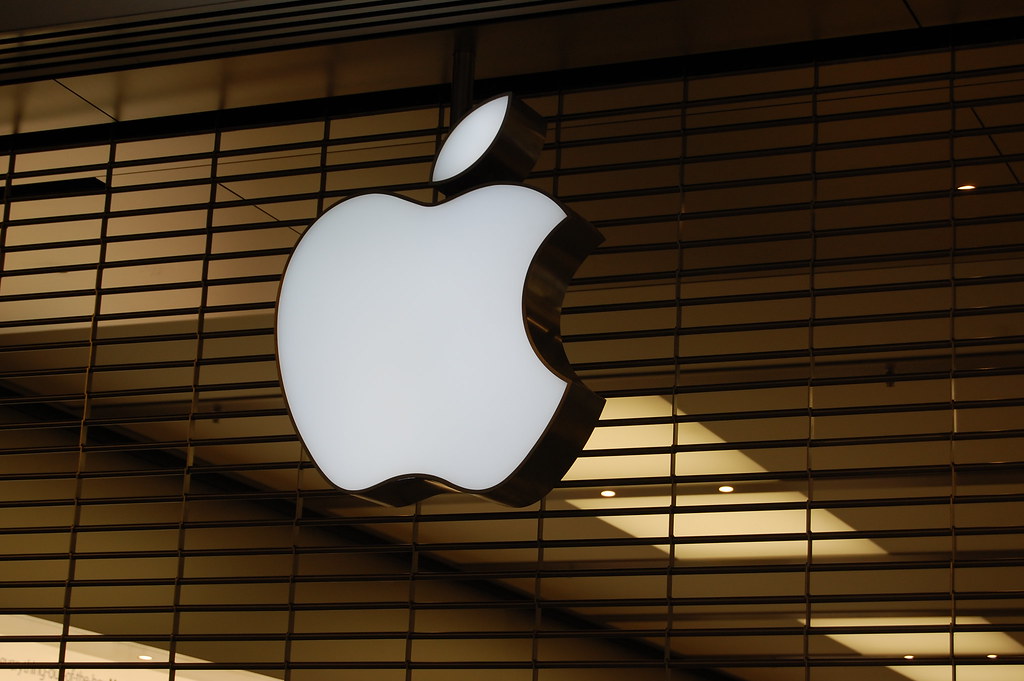 INFRA
INFRA
 INFRA
INFRA
 INFRA
INFRA
Apple Inc. is looking to reduce its reliance on the chipmaker Qualcomm Inc., and to do that it has been working on developing its own modem chip for a number of years, according to a report today in Bloomberg.
That work has progressed, and Apple could introduce its own chip in some devices by the end of 2024, the report said. In addition, the iPhone maker is also said to be working on building its own WiFi and Bluetooth chip in order to ditch Broadcom Inc. as a supplier, too.
Apple’s desire to transition away from Qualcomm’s chips reportedly stems from a nasty legal battle involving the two companies over licensing, patent and royalty fees relating to the modem chips that power its iPhone and iPad devices. In 2017, Apple sued Qualcomm, accusing it of unfairly collecting royalties for technologies it didn’t develop. Apple ultimately backed down and settled the case out of court, but it’s believed that it wasn’t happy with the outcome and ever since it has been formulating a plan to end its relationship with the chipmaker.
That plan involves developing its own modem technology for future iPhones and iPads, and it was boosted significantly in late 2019 when Apple acquired part of Intel Corp.’s modem business. It was an important acquisition that gave Apple access to a number of standard-essential patents pertaining to cellular technology, as well as engineering talent.
Bloomberg’s report cites people familiar with the matter as saying Apple had hoped to launch its first modem chip later this year, only for “development snags” to put the launch back to late 2024 or early 2025. It also notes that even when the chip does launch, Apple would still have to license some essential patents from Qualcomm and Telefonaktiebolaget LM Ericsson.
Although the modem chip is believed to be Apple’s priority, the company is also just as enthusiastic about replacing the components it sources from Broadcom with its own, in-house offerings. The same report claims that Apple is also working on a WiFi and Bluetooth chip that could be ready by 2025.
Apple signed a three-and-a-half-year deal to purchase wireless components and modules from Broadcom in 2020, so it’s likely to need a stop-gap solution until its own components are ready. Apple also relies on Broadcom to supply other components such as radio-frequency chips and wireless charging gear, and is “working on customizing those parts as well,” Bloomberg reported.
Charles King of Pund-IT Inc. told SiliconANGLE that Apple’s determination to build its own modem and wireless chips stems primarily from its laser focus on maximizing profit margins. He explained that it achieves this through various means, including pressuring component manufacturers and others to agree to terms that are maximally beneficial to Apple. “There’s nothing wrong with that in theory – it’s simply business as usual,” King added. “But the company tends to overreact when it encounters partners that won’t play the game its way, like Qualcomm, Broadcom and Intel, all of which have enough other business dealings to effectively tell Apple to go pound sand.”
When that happens, Apple has a tendency to respond in ways that are often unfruitful and sometimes even embarrassing for the company, such as with its failed litigation lawsuit against Qualcomm, King added. That said, King believes that Apple’s decision to sink considerable assets into its own central processing unit designs can deliver more positive results.
“It’s hard to say how long it will take Apple to shrug off what it perceives to be a burden of dealing with Qualcomm and Broadcom, or how successful it will be,” King continued. “The reported delays in its homegrown modem and wireless tech suggest Apple is learning that throwing money and talent at a problem doesn’t always make it any more solvable. Ironically, Intel encountered that same lesson when it decided to take on Broadcom, and eventually sold its lagging modem chip business to Apple.”
Holger Mueller of Constellation Research Inc. said the fact Apple has already experience delays with its modem chip illustrates how difficult it is to design and create advanced silicon. “The company will be challenged to keep up its development and maintain competitiveness, otherwise it will lose the “phone” in its smartphones,” Mueller added.
Whether or not Apple makes a better stab of it than Intel remains to be seen, but it does at least have a precedent for developing in-house solutions. It already designs its own A-series chips that are used in some iPhones, as well as the M-series chips that power its Apple Mac computers.
Support our mission to keep content open and free by engaging with theCUBE community. Join theCUBE’s Alumni Trust Network, where technology leaders connect, share intelligence and create opportunities.
Founded by tech visionaries John Furrier and Dave Vellante, SiliconANGLE Media has built a dynamic ecosystem of industry-leading digital media brands that reach 15+ million elite tech professionals. Our new proprietary theCUBE AI Video Cloud is breaking ground in audience interaction, leveraging theCUBEai.com neural network to help technology companies make data-driven decisions and stay at the forefront of industry conversations.